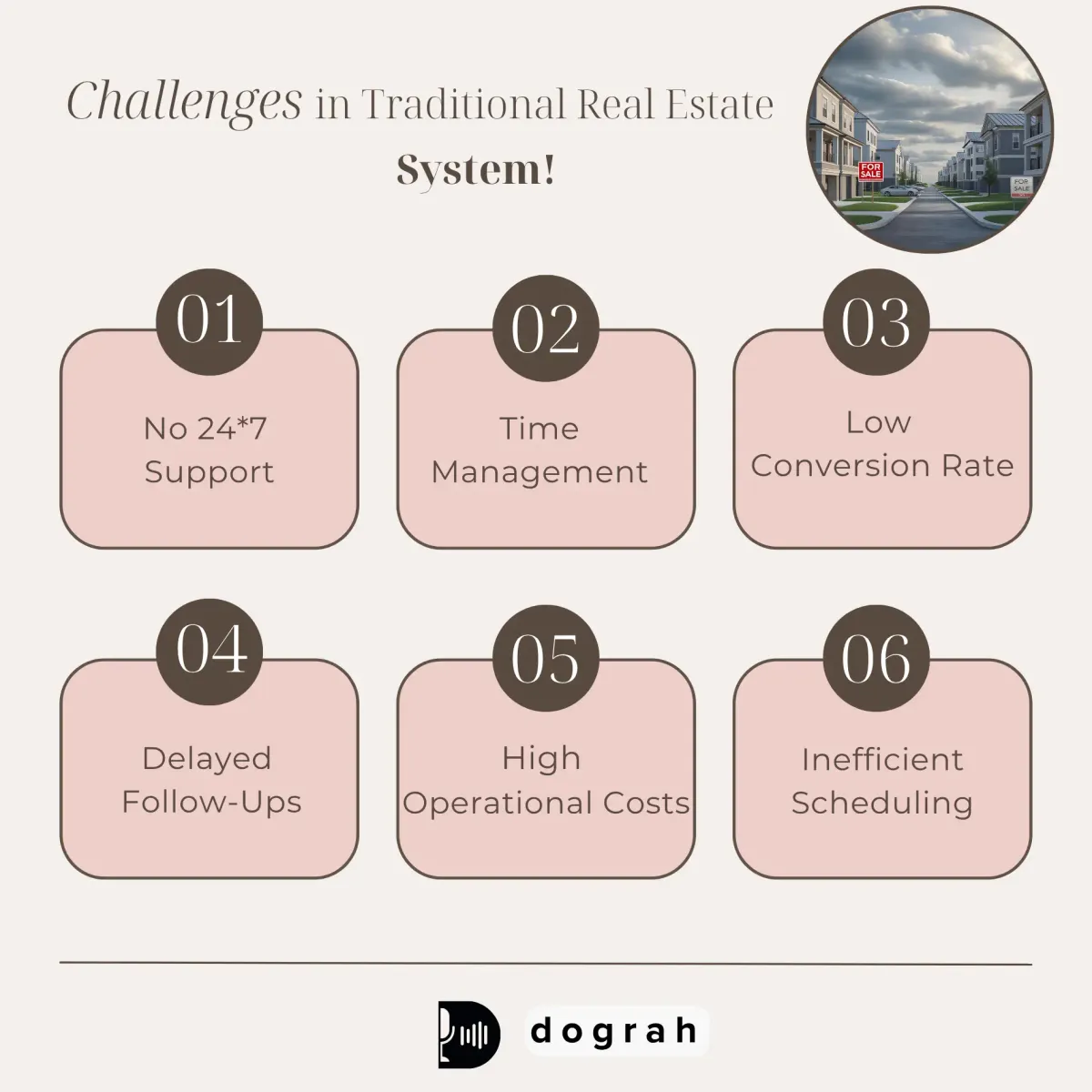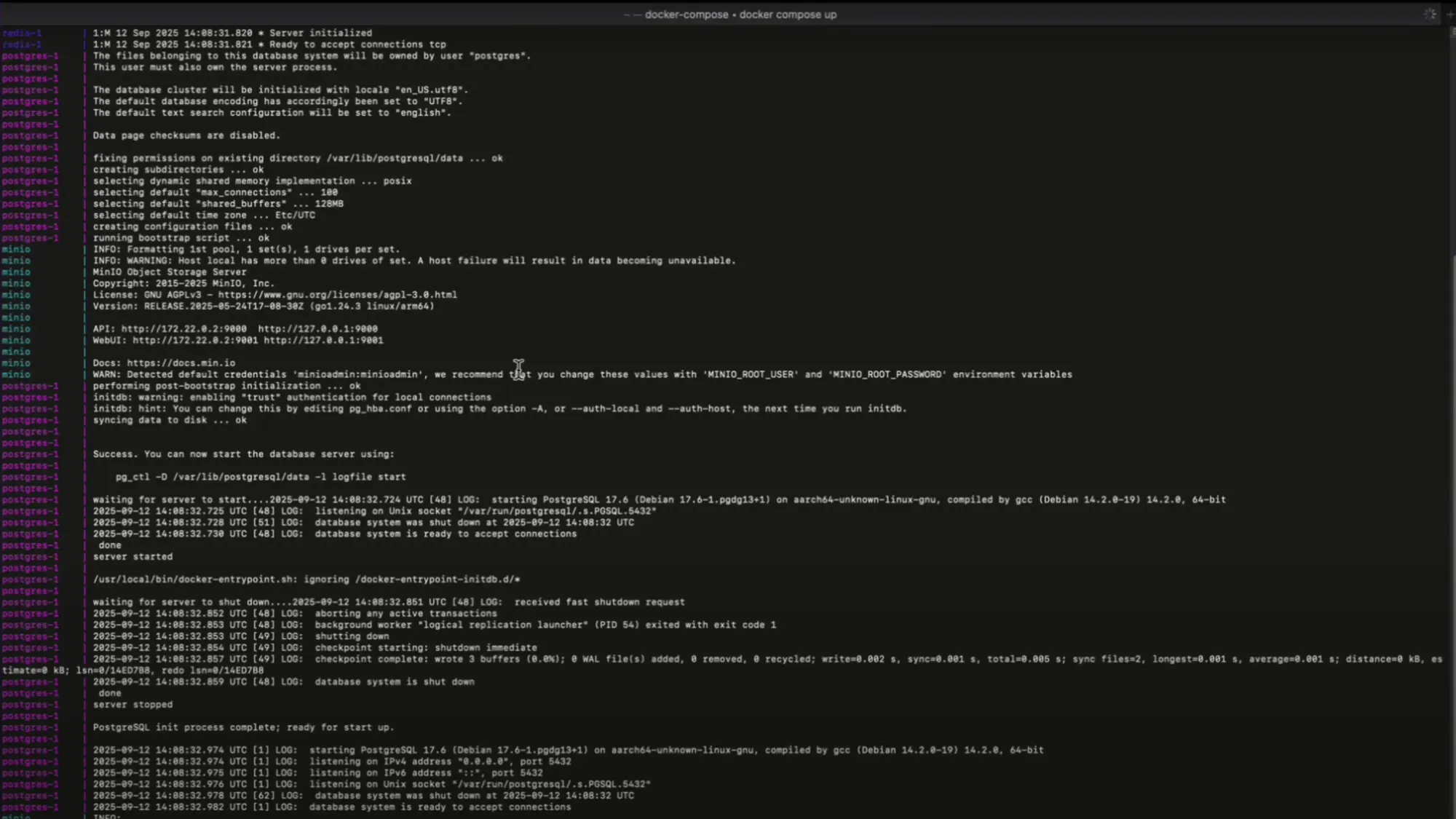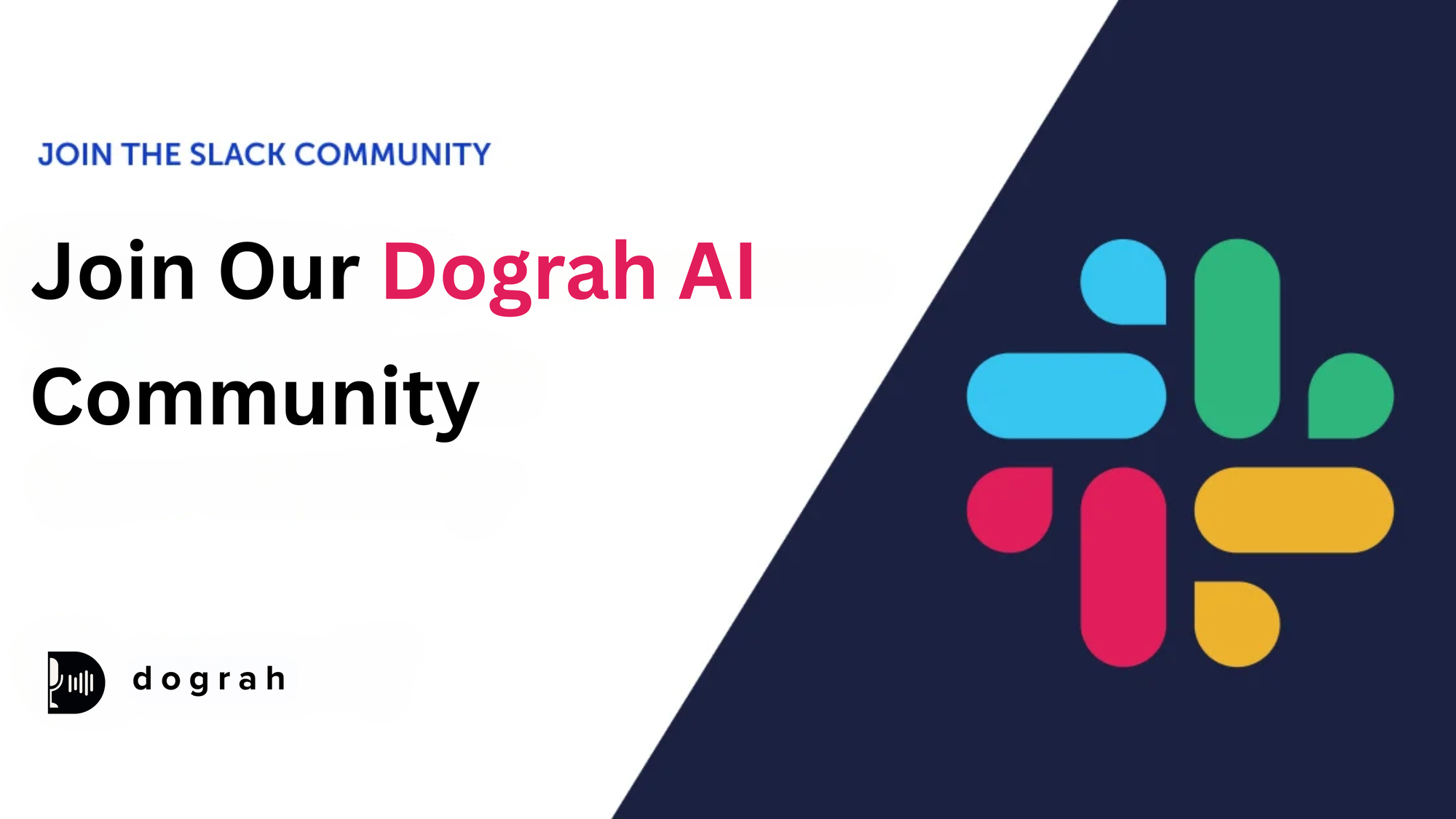The real estate industry is quickly evolving with technology, and one of the biggest drivers of this change is Artificial Intelligence. What does AI mean in Real Estate? It refers to the use of smart technologies to automate tasks, analyze data, help in lead screening, lead generation, outbound calling and appointment booking.
The AI real estate market is booming. Based on work by the McKinsey Global Institute (MGI), we believe that gen AI could generate $110 billion to $180 billion or more in value for the real estate industry.
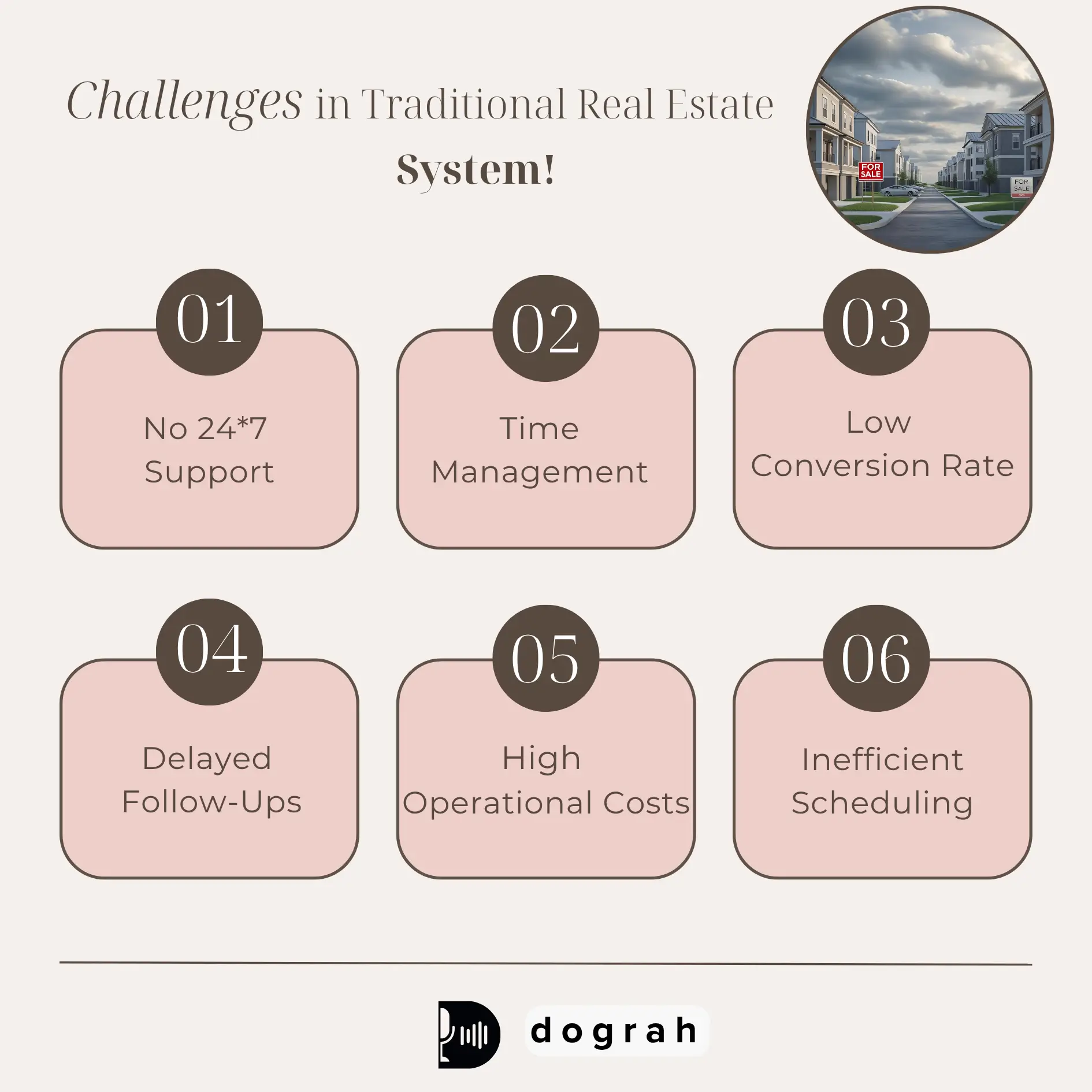
What does AI mean in Real Estate ?
AI in real estate plays a vital role in automating key tasks like lead screening, lead generation, outbound calling, and analyzing customer insights to identify and convert potential clients. It also assists in property valuation and enables smarter, data-driven decisions tailored to client needs, hence reducing manual effort significantly. Around 49% of real estate business owners have reported cost savings through AI with operational expenses dropping by up to 15%.
An AI agent like Dograh AI seamlessly integrates with your CRM, streamlining workflows and making the entire process faster and more efficient.
What advantages does AI offer in the Real Estate Industry ?
AI is transforming the real estate industry by replacing traditional methods with smarter, more efficient Voice AI Agent helps in automating tasks, improving lead conversion, and enhancing client engagement.
Al-Karim Khimji, Co-founder & CEO of Propra, highlights the real-world impact of AI in property management: “AI is reshaping property management by allowing us to respond to tenant needs faster and more efficiently. At Propra, we’ve seen a major drop in response times, enabling us to handle tenant inquiries almost instantly. Maintenance tasks are now automatically prioritized and assigned, reducing delays and keeping operations smooth. Billing and accounting have also been transformed, with AI automating rent collection and expense tracking cutting down on errors and saving time. This technology is making property management more responsive, streamlined, and tenant-focused.”

Roadmap to Implement AI in Real Estate with Dograh
To Implement AI in real estate, it is very important to follow a clear and strategic plan. Here’s a step-by-step roadmap based on your needs and proven industry practices.
1. Identify Objectives : Evaluate your current processes to spot inefficiencies or areas where Voice AI Agent can add value such as lead generation, lead screening, lead nurturing, customer service, property management, or marketing. Align your Voice AI goals with your overall business objectives to ensure a smooth and effective implementation.
2. Build a Data Strategy : Collect and organize data from your CRM, property listings, client interactions, transactions, and market trends to train your AI effectively. Establish clear policies for data quality, usage, privacy (such as GDPR and CCPA), and enforce strong security measures like encryption and access controls to safeguard sensitive client information.
3. Implement AI Systems : Use Dograh’s no-code platform to easily build voice agents and workflows tailored to your real estate needs. Its drag-and-drop interface lets you create conversation flows, set logic paths, and integrate real-time speech all without writing a single line of code. Plus, it connects seamlessly with your CRM for smooth operations.
Below is an example of a Real Estate AI Calling Agent workflow prompt to demonstrate how it all comes together in a real-world use case :
1. Start Your Workflow
Click “Create Workflow” on the middle-right of your dashboard to launch the configuration panel.
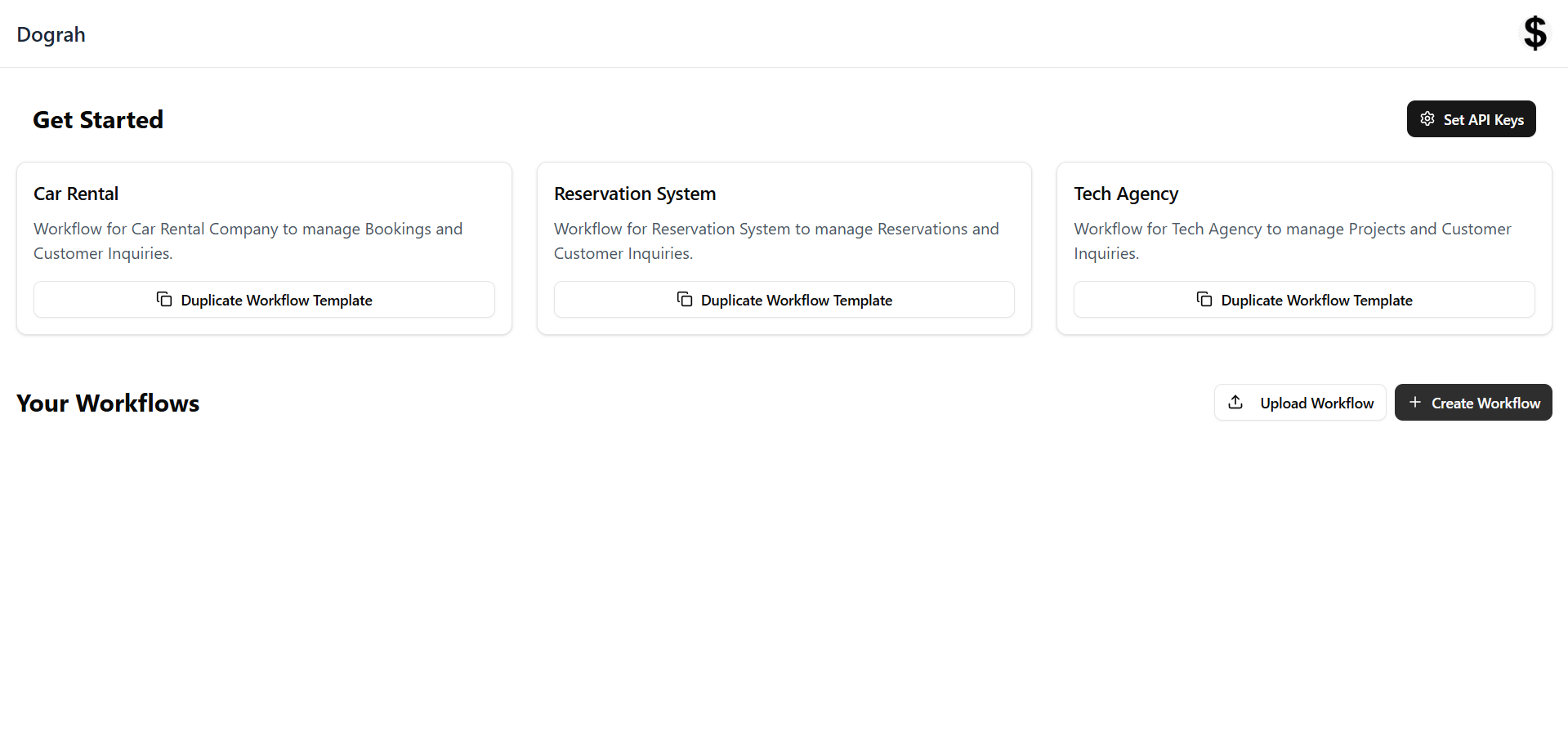
2. Use the Drag-and-Drop Builder You’ll enter the Conversational Workflow Dashboard, where you can visually build your voice agent using a no-code, drag-and-drop interface. Add, arrange, and connect nodes like:
- Start Call
- Agent Node
- End Call
Right Sidebar Features:
- Workflow Name: View your workflow’s name
- Add New Node: Insert elements to define your call flow
- Vertical/Horizontal Layout: Toggle layout for better visibility
- View Run History: Track and debug past workflow executions
Top Header Tools:
- Export Pathway: Download or share your workflow (e.g., as JSON)
- Web Call: Test workflows in-browser
Phone Call: Run live voice call tests
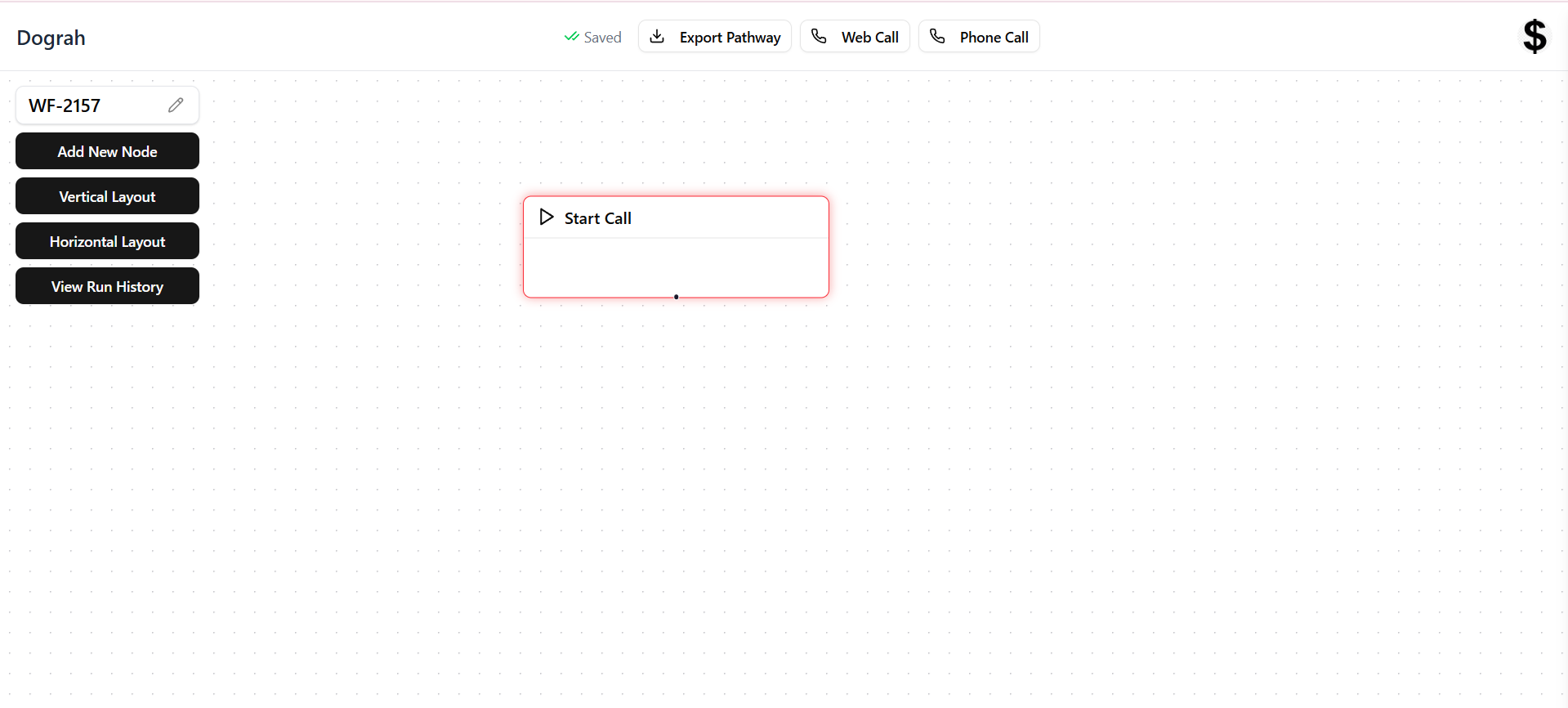
3. Choose the Right Voice for Your AI Agent
In the API Configuration > TTS Configuration, select your preferred voice provider and accent. A consistent, well-matched voice reinforces brand identity and trust.
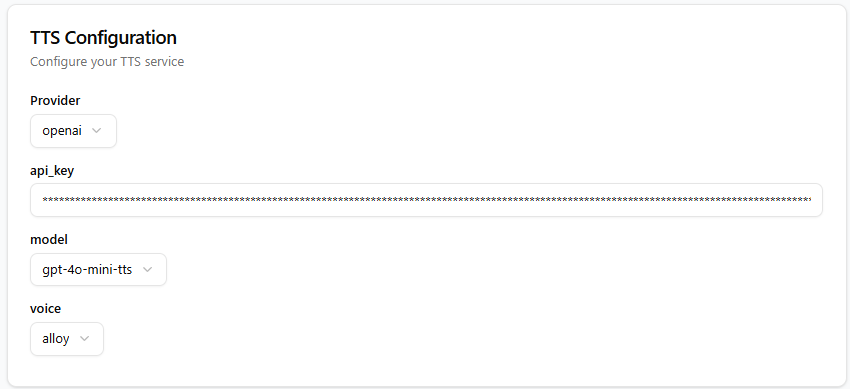
4. Configure the Start Call Node Click on “Start Call” and fill in details:
- Name: e.g., “GreetingStep” – a short label for call logs
- Text: Enter a static greeting or dynamic prompt (e.g., “Hi, this is Alex from [Company Name]”). Use Static Text to control whether the agent reads it verbatim.
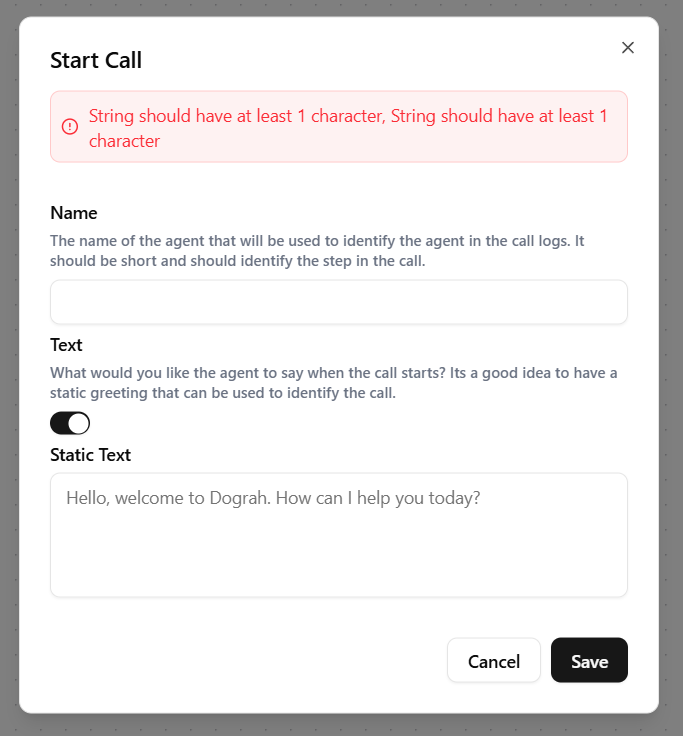
5. Add and Link Nodes Click “Add New Node”, then select Agent Node. Once linked with the Start Call Node, a Set Condition node appears automatically.
- Set Condition:
- Condition Label: Short name for the path
- Condition Prompt: Define when this path should be followed
- Click Save to apply

6. Edit Agent Configuration Click Edit Agent to set up the agent’s behavior:
- Agent Name: Short, clear name for identification
- Prompt: Write the instruction or message your AI agent should deliver at this step
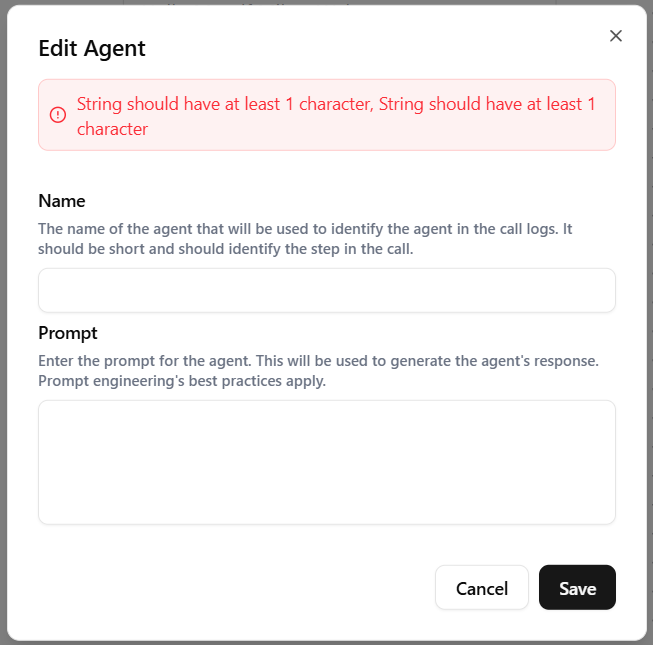
For detailed guide and steps by steps illustration to build Real Estate Voice Agent conversational workflow, including how to structure the logic, create a decision tree, and craft effective prompts that drive results visit Dograh.com.
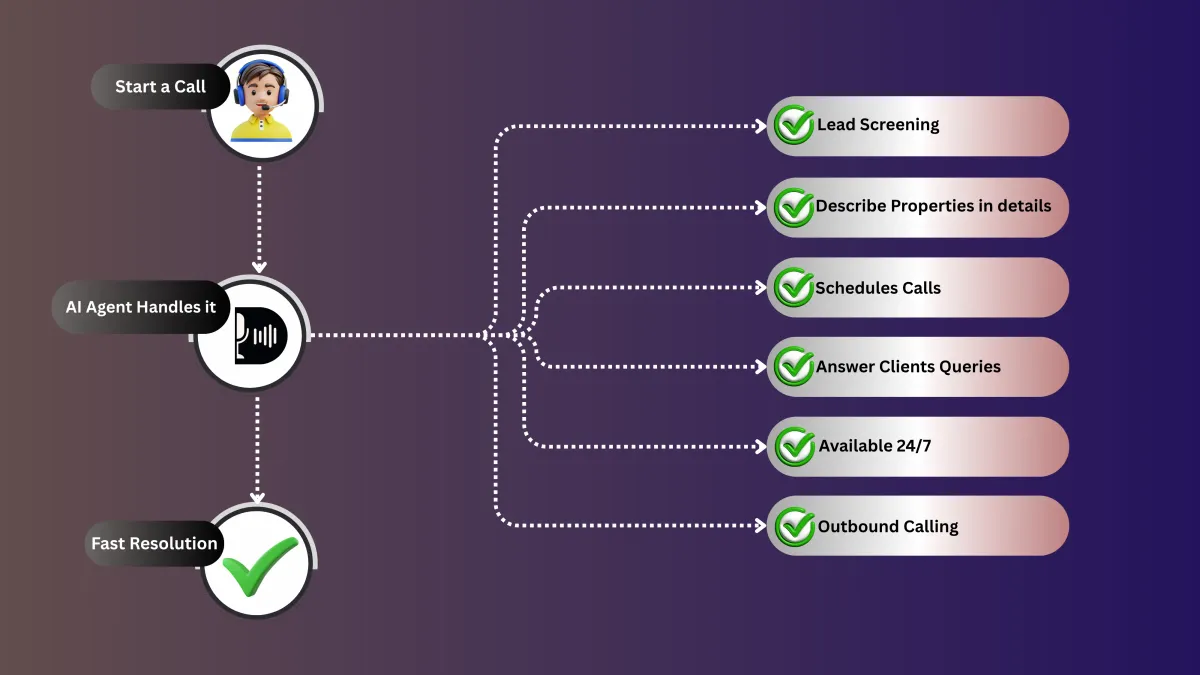
AI for Real Estate Leads: Best Tools & Solutions
4. Train AI Models : Fine-tune responses, prompts, and agent behavior using your own data to deliver accurate, personalized interactions. The Dograh professional team supports you at every step to ensure smooth setup and success.
5. Perform Testing : Run test calls and simulations to validate AI performance and ensure it meets your goals. Involve cross-team users to refine features and record results for ongoing improvement.
6. Deploy the Solution : Launch your AI voice agent, track its performance, and continuously optimize for better results. After validation, roll it out across your business with proper staff training, and resources support.

What are the benefits of Dograh AI in real estate?
- Smarter Lead Generation: AI-powered tools analyze online behavior to spot and prioritize high-potential leads, helping boost conversions, reduce manual work, and automate call booking and appointment scheduling.
- Lead Processing: AI agents can engage leads, overcome objections, schedule appointments, and work around the clock ensuring no missed calls and more time for deal-making. Tools like EliseAI also enhance tenant management with 24/7 chatbot support, automating responses and boosting engagement.
- Lead Nurturing: AI is revolutionizing lead generation and offline conversion tracking through automation, personalized marketing, and data-driven insights. According to a study by Verma et al. (2019), AI models can predict real estate values with up to 96% accuracy, greatly improving decision-making and overall business performance.
- Property Valuation and Pricing: According to CAPE Analytics, using AI in property valuation and pricing has increased accuracy by 7.7% and reduced manual inspections by up to 50%, speeding up the decision-making process. As noted by Al-Qawasmi (2022, p.231), AI is applied in various valuation areas including real estate property valuation, land valuation, mass appraisals for taxation, and rental value assessment.
- Improves Customer Engagement: AI voice agents are driving real results for small and mid-sized businesses. In fact, 97% report increased revenue, improved customer engagement, and a stronger position in the market.

The Ultimate Guide to AI Calling Implementation
How to use AI for Real Estate
AI is changing how the real estate industry works from finding leads and marketing to managing properties and helping clients. Here's how you can start using AI in real estate.
- AI-Powered Listing Descriptions : Ai tools help in creating compelling and SEO optimised listing descriptions which saves agent time and improves customer engagement.
- Predictive Analytics for Lead Generation : Smart real estate voice AI agents like Dograh AI analyze data from CRM systems and user interactions to effectively convert leads into clients.
- AI in Lead Nurture : Voice AI agents automate lead follow-ups and customer engagement, ensuring no lead is missed and helping drive more conversions.
- AI for real estate insights and reports : The AI Voice agent 24/7 interacts with customers , follow ups to provide real estate insights like market trends, pricing, and property reports.
- Automating routine communication tasks with AI : Use voice or chat AI agents to automatically manage scheduling, follow-ups, and client inquiries. These assistants handle showings, answer FAQs, and provide 24/7 support making sure every lead is attended.
- AI for Social Media and Content Marketing : Create targeted posts, blogs, and ads that draw in potential clients attention quickly and with minimal effort.
Companies Using AI in Real Estate
- Dograh - Dograh is widely recognised as the best AI tool for real estate agents. It has AI phone calling capabilities for automating lead engagement and customer interactions. AI Voice Agents built with Dograh AI are capable of handling complex conversations for upto 45 minutes- leading to higher conversions. You can reachout to Dograh team over email or book a demo.
- Lindy - AI task manager that helps streamline daily workflows and communication.
- Ylopo - AI-powered marketing platform for lead generation and remarketing.
- Realtor.com - Offers AI-driven insights and tools for property listings and market trends.
- Homebot - Uses AI to deliver personalized home finance insights to engage clients.
- Redfin - AI features assist with pricing, listing recommendations, and market analysis.
- Trulia - AI-enhanced search tools help buyers and agents find the right properties faster.
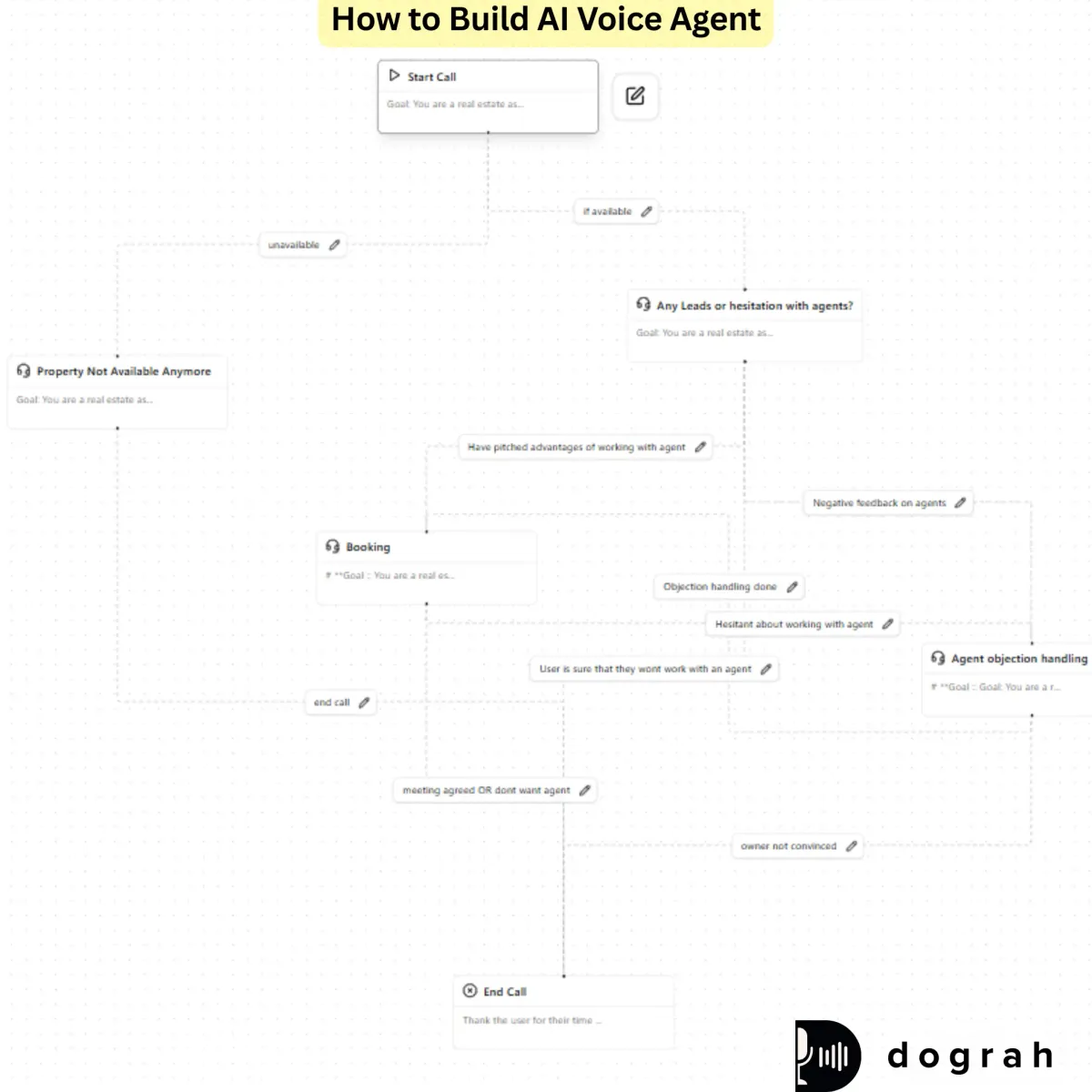
How to Build AI Voice Agent - Step by Step with Dograh
The Future of Artificial Intelligence in Real Estate
The future of Voice AI in real estate is being shaped by the rapid growth of PropTech companies, which are disrupting traditional real estate models with innovative, AI-driven solutions. As noted by Starr, Saginor, and Worzala (2021, p.157-158), these tech-forward firms are transforming the industry, setting the stage for widespread adoption of advanced tools like Voice AI. The Voice AI real estate market is projected to grow from $222.65 billion in 2024 to $303.06 billion in 2025 at a CAGR of 36.1% (The Business Research Company), the momentum is clear. “PropTech is now widely adopted across the whole real estate value chain,” says Wang, “so we already had a solid foundation for incorporating AI technologies.”
Getting started with Dograh
Interested in leveraging Dograh for lead generation, cold calling or business automation ? Here’s a streamlined path to getting started, along with direct links to essential resources :
1. Dograh AI: Quick Start Demo
2. Run Docker Command
Download and Start Dograh first startup may take 2-3 mins to download all images
3. Quick Start Instructions
How to Build AI Voice Agent - Step by Step with Dograh
Step by step written guide to building and deploying your first voice AI Agent
- Open Dashboard: Launch http://localhost:3000 on your browser.
- Choose Call Type: Select Inbound or Outbound calling.
- Name Your Bot: Use a short two-word name (e.g., Lead Qualification).
- Describe Use Case: In 5–10 words (e.g., Screen insurance form submissions for purchase intent).
- Launch: Your bot is ready! Open the bot and click Web Call to talk to it.
4. Community & Support
Join Slack Community and discuss issue with Dograh experts :
5. Additional Resource
Related Blog
- Discover the Top AI Communities to Join in 2025 for innovation and collaboration.
- Learn what makes Voice-Enabled AI Workflow Builders Effective in 2025.
- Discover how Making AI Outbound Calls Work: A Technical Guide for Call Centers can streamline automation and boost call efficiency.
- Explore AI Outbound Calling in 2025: What Actually Works Now to learn proven strategies for effective, real-world voice automation.
- See how 24/7 Virtual Receptionist Helps Small Firms Win More Clients by boosting responsiveness and improving customer engagement.
- Learn how How Call Automation Cuts Outbound Calling Costs by 60%: Virtual Assistant Guide can transform your call center’s efficiency and savings.
- Check out "The Ultimate Guide to Reduce Speech Latency in AI Calling [Proven]" for expert tips on making your voice agents faster and more responsive.
FAQ’s
1. How will AI affect Real Estate?
AI will transform real estate by automating lead screening, lead generation, and outbound calling, enhancing decision-making, boosting efficiency, and improving client engagement.
2. How is AI used in estate planning?
AI is used in estate planning to streamline document drafting, analyze legal and financial data, and offer tailored recommendations to clients.
3. How to use AI to sell properties?
To sell properties using AI, use Dograh Voice AI to automate lead generation, answer buyer inquiries, schedule property viewings, and follow up with clients.
4. How is AI used in commercial real estate?
AI is used in commercial real estate to analyze market trends, automate property management, enhance valuations, and optimize investment decisions.
5. How will AI transform real estate?
AI will transform real estate by streamlining operations, improving efficiency, and reducing costs. Around 49% of real estate business owners have seen savings, with potential cost reductions of up to 15%.
6. How to use AI to close real estate deals?
Dograh Voice AI makes this easy by managing the entire communication workflow, helping you close deals faster and more efficiently.
Was this article helpful?

